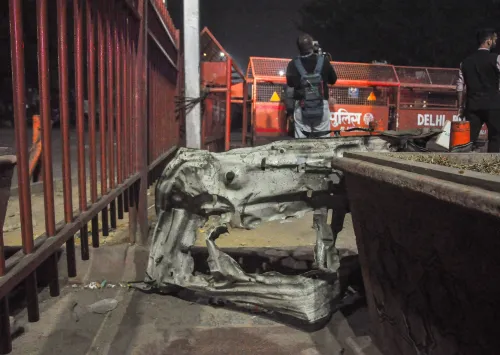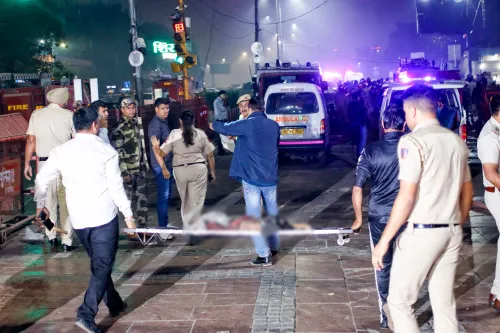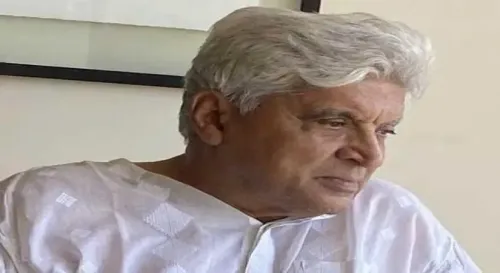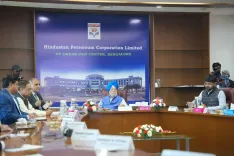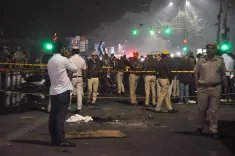Why Did the SC Impose Rs 1 Lakh on BSNL for a Frivolous Plea?
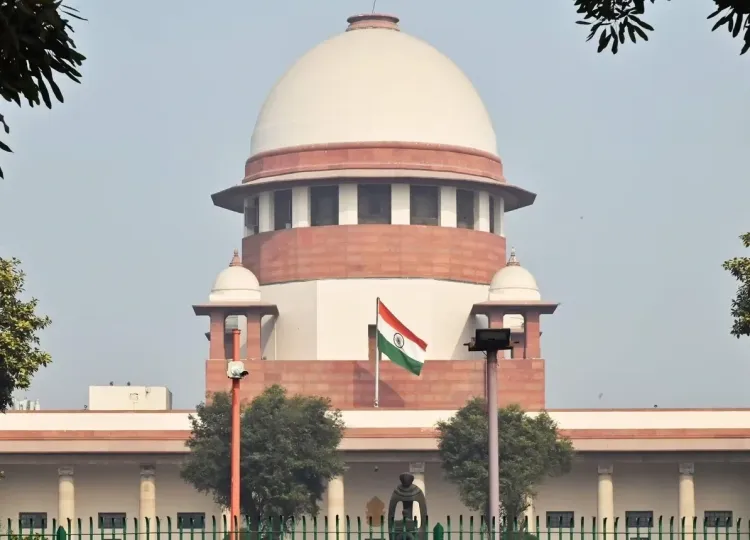
Synopsis
Key Takeaways
- The Supreme Court imposed a fine of Rs 1 lakh on BSNL.
- The petition was deemed completely frivolous by the Court.
- Pavan Thakur sought a compassionate appointment after his parents' deaths.
- BSNL has been directed to pay the fine within two weeks.
- The ruling underscores the importance of accountability in legal matters.
New Delhi, Aug 15 (NationPress) The Supreme Court has reprimanded Bharat Sanchar Nigam Ltd. (BSNL) for submitting a “completely baseless” petition challenging a ruling from the Madhya Pradesh High Court that favored an individual seeking a compassionate appointment.
A Bench consisting of Justices Ahsanuddin Amanullah and S.V.N. Bhatti expressed significant disapproval regarding BSNL's choice to escalate the issue to the highest court and imposed a fine of Rs 1 lakh on the state-run entity.
The Bench, led by Justice Amanullah, instructed BSNL to transfer Rs 1 lakh directly to the claimant, Pavan Thakur, within a fortnight and to provide evidence of this payment to the registry, warning that failure to comply would lead to “suitable orders.”
“Should there be any non-compliance, the registry must bring the matter back to this Court for appropriate action,” the ruling stated.
Additionally, the apex court permitted BSNL to seek reimbursement of the amount “from the officer(s) whose advice led to the filing of this petition”.
“This case is one of those instances that is wholly frivolous. We are frankly astonished as to why such a petition was brought before this Court,” the Justice Amanullah-led Bench remarked in its ruling.
The situation arose following the demise of the claimant’s father, a BSNL peon, in 2000, and his mother, who passed away in 2009 after being appointed under compassionate grounds.
In 2010, he sought a compassionate appointment, but his request was denied by the Circle High Power Committee. A ruling from the Central Administrative Tribunal (CAT) in 2018 overturned BSNL’s decision, ordering the appointment of Pavan Thakur.
BSNL appealed to the Madhya Pradesh High Court, but the petition was rejected in April of this year. The High Court noted that “the respondent, who is living in a temporary hut, is entitled to points for residence” and that granting him just “one point” in that category would suffice for eligibility.
This led BSNL to submit a special leave petition (SLP) to the Supreme Court, which has now been dismissed with exemplary costs.

